Premium Only Content
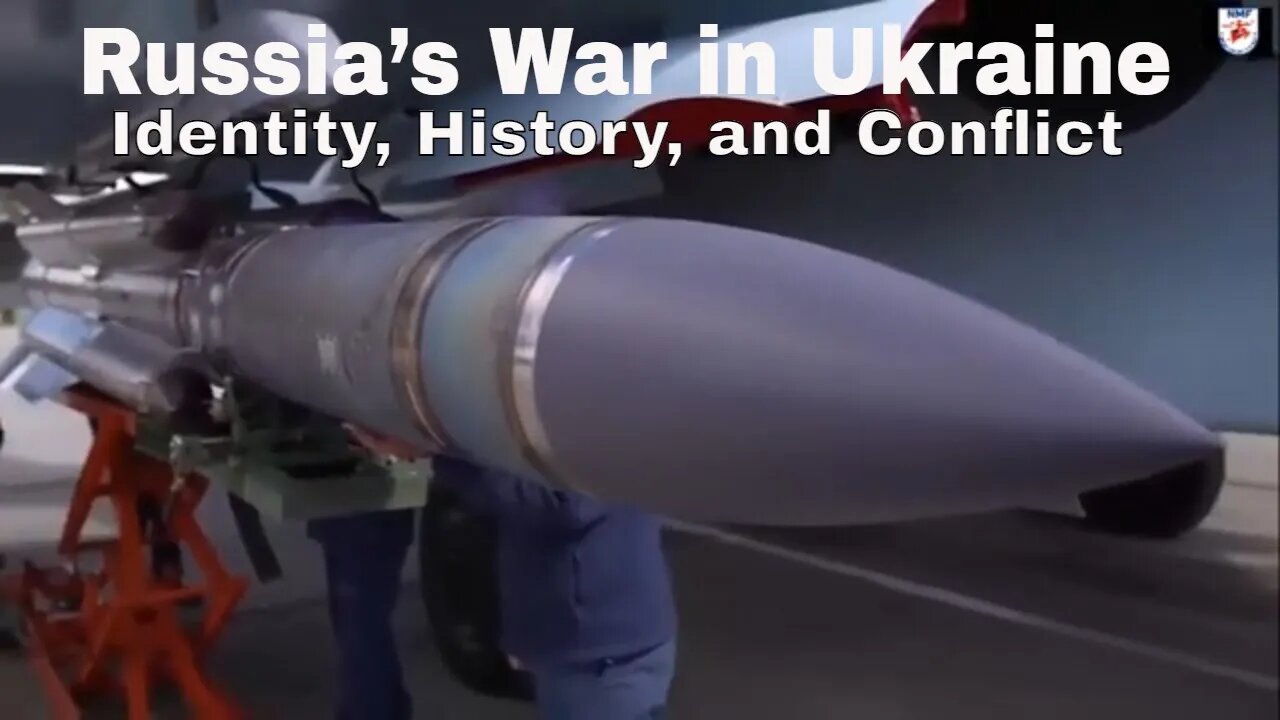
Russia’s War in Ukraine: Identity, History, and Conflict
Russia's invasion of Ukraine is the biggest threat to peace and security in Europe since the end of the Cold War. On February 21, 2022, Russian President Vladimir Putin gave a bizarre and at times disorganized speech outlining a long list of complaints as justification for the "special military operation" announced the following day. While these complaints include a long-simmering dispute over the expansion of the North Atlantic Treaty Organization (NATO) and the shape of the post-Cold War security architecture in Europe, the speech centered on a much more fundamental issue: the legitimacy of Ukraine's identity. and the state itself. It reflects Putin's long-held worldview, emphasizes the deep unity among the East Slavs—Russians, Ukrainians and Belarusians, all of whom trace their origins to the medieval commonwealth of Kyivan Rus—and suggests that the modern states of Russia, Ukraine, and Belarus must share a political destiny both today and in the future. A corollary of that view is the claim that the distinct Ukrainian and Belarusian identities are the product of foreign manipulation and that, today, the West is following in the footsteps of its imperial rival Russia in using Ukraine (and Belarus) as part of the “anti-Russian Project.”
Throughout Putin's reign, Moscow has pursued policies toward Ukraine and Belarus based on the assumption that each other's national identities are artificial—and therefore fragile. Putin's argument about foreign adversaries promoting Ukrainian (and, in a more diffuse way, Belarusian) identity as part of the geopolitical struggle against Russia echoes the way many of his predecessors refused to accept agents of ordinary people seeking autonomy from the tsar or Soviet domination. The historically-minded Putin has often come up with the ideas of thinkers who emphasized the organic unity of the Russian Empire and its peoples—especially its Slavic, Orthodox core—in the form of what historian Timothy Snyder calls “the politics of eternity,” belief in the unchanging essence of history.
The prominence given by Putin and other Russian elites to the idea of Russian-Ukrainian-Belarusian unity helps explain the origins of the current conflict, especially why Moscow is willing to risk a large-scale war on its borders when neither Ukraine nor NATO poses a problem. military threat.
Source: https://www.csis.org/analysis/russias-war-ukraine-identity-history-and-conflict
-
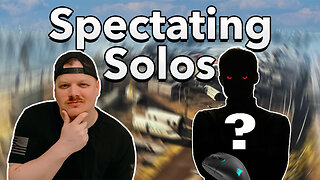 22:52
22:52
GritsGG
15 hours agoSpectating Solos & Found MnK Demon!
12.4K1 -
 LIVE
LIVE
Lofi Girl
2 years agoSynthwave Radio 🌌 - beats to chill/game to
1,025 watching -
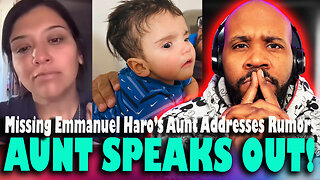 19:27
19:27
The Pascal Show
18 hours ago $0.76 earned'SHE'S A GOOD MOM!' Missing Emmanuel Haro's Aunt Speaks Out In Now DELETED Video!
10.8K2 -
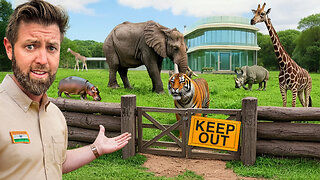 20:54
20:54
Forrest Galante
21 hours agoPrivate Tour of World's Largest Animal Sanctuary
92.8K22 -
 11:09
11:09
Nikko Ortiz
2 days agoMost Painful TikTok Clips... Part
93.7K27 -
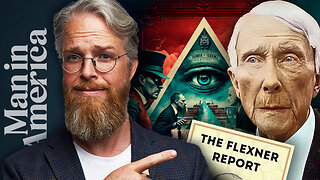 1:13:11
1:13:11
Man in America
16 hours agoDr. Ealy: How Ancient Bloodlines Turned Medicine into a WEAPON Against Humanity
85.9K83 -
 5:35:39
5:35:39
SpartakusLIVE
11 hours agoLAST DAY of BATTLEFIELD 6 || WZ - BF6 - PUBG
43.6K -
 5:28
5:28
Zach Humphries
1 day ago $10.86 earnedMAJOR STELLAR XLM PARTNERSHIP ANNOUNCED!
43.6K3 -
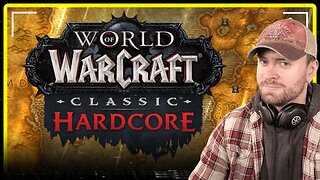 4:51:51
4:51:51
MattMorseTV
12 hours ago $24.28 earned🔴Gaming Sunday🔴
75.6K12 -
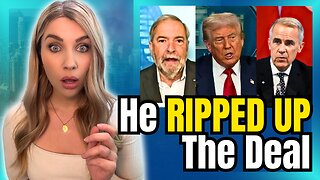 24:24
24:24
Jasmin Laine
13 hours ago“Their BIGGEST Mistake Yet”—U.S. Officials TORCH Carney in Brutal Report
63.5K66